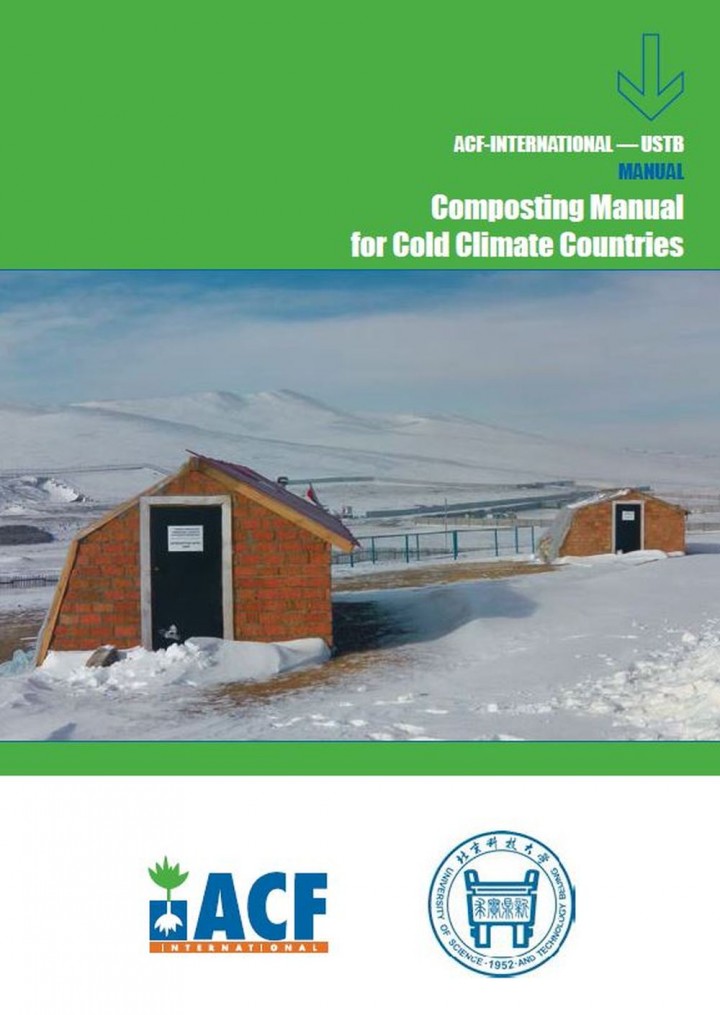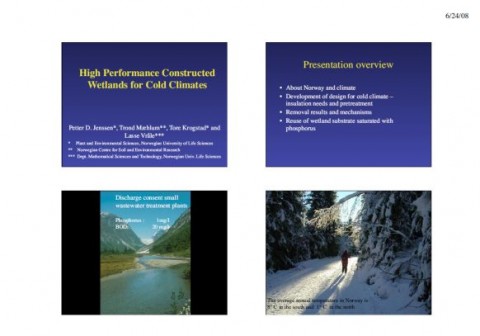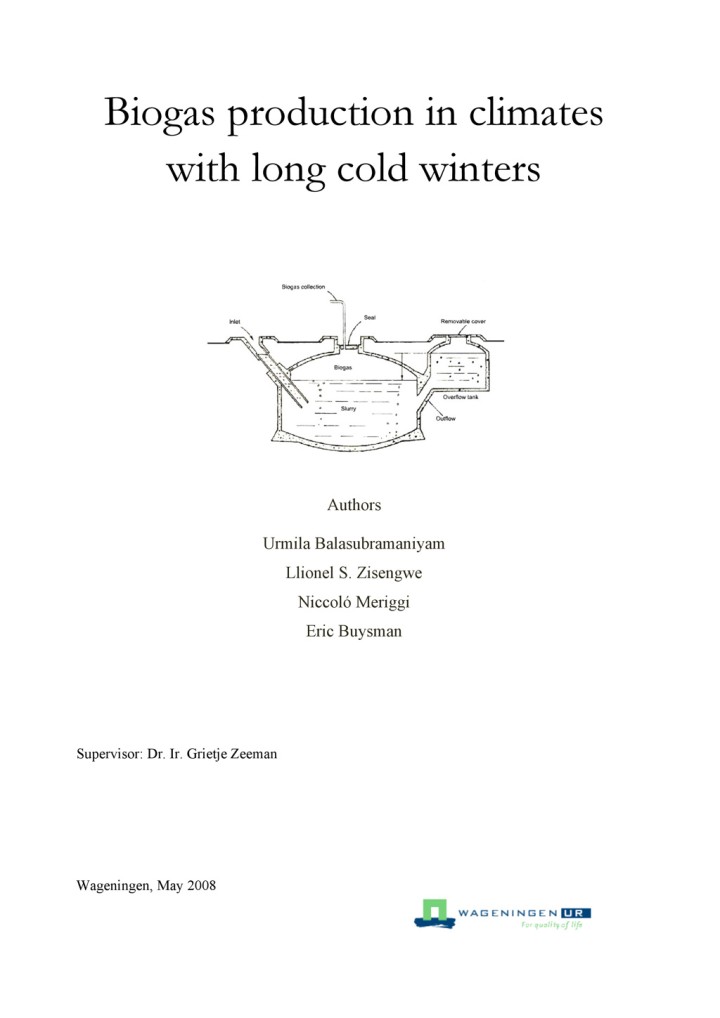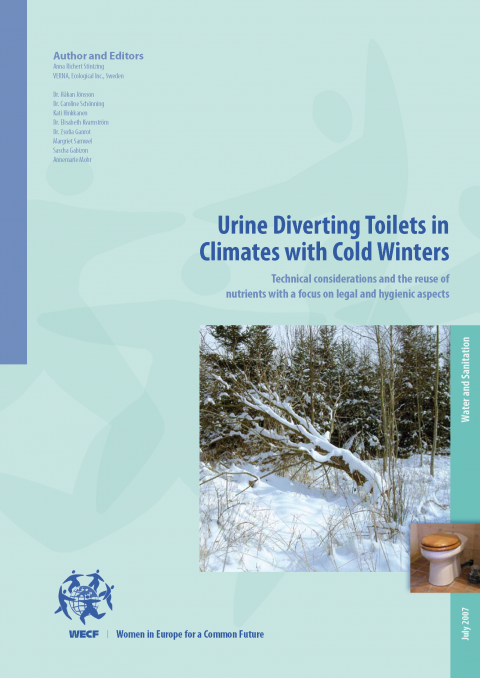Why focus on sanitation systems and technology options?
Cold climates, including high-altitude and seasonal change regions, present unique challenges for sanitation systems, such as freezing temperatures, limited water access, supply chain difficulties, and infrastructure resilience issues. Traditional sanitation solutions often fail under these conditions, leading to health risks and environmental contamination.
This sub-theme within Working Group 4 focuses on developing tailored sanitation solutions that are resilient, cost-effective, and culturally appropriate for cold climates. It aims to bridge knowledge gaps and promote integrated technologies that address the entire sanitation chain, prioritizing resource-based sanitation whenever possible. These solutions must ensure health, hygiene, and environmental sustainability.
Objectives
This sub-theme aims to:
- Develop and share knowledge on sanitation solutions for cold climates.
- Facilitate informed decision-making with context-specific technology configurations.
- Support effective implementation and operation through best practices and case studies.
- Foster collaboration to develop sustainable sanitation solutions for cold climates.
Introducing the Leads of this Initiative
Judith Maréchal, specialised on WASH in cold climates, is working on establishing a network of expertise between polar and mountain regions. Currently based at the Civil and Water Engineering Department of ULaval, Québec, she has lived and worked in Norway, Nepal, and Greenland, and is also a member of the UArctic Thematic Network on Arctic WASH. Judith is striving to find solutions for cold and high-altitude regions that are both sustainable and culturally appropriate.
Tobias Ulbrich serves as a WASH Consultant at UNICEF WASH Hub in Copenhagen, where he focuses on Cold Climate Sanitation. Currently, he is evaluating a Container-Based Wastewater Treatment System (CBWTS) in Mongolia, with a view toward scaling it to other cold climate regions. Tobias brings extensive experience from his years in the WASH sector, including his role as WASH and Regional coordinator at BORDA.
Ways to get involved
Whether you are actively working on sanitation challenges in cold climates or are interested in the topic, we welcome you to become part of this initiative! Sign-up for the WG mailing list to be updated on the most recent news and events.
Tobias Ulbrich
UNICEF WASH Consultant • Germany
Judith Maréchal
ULaval, Civil and Water Engineering • Canada
You can contact the working group leads via the following e-mail address:






